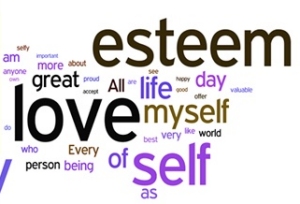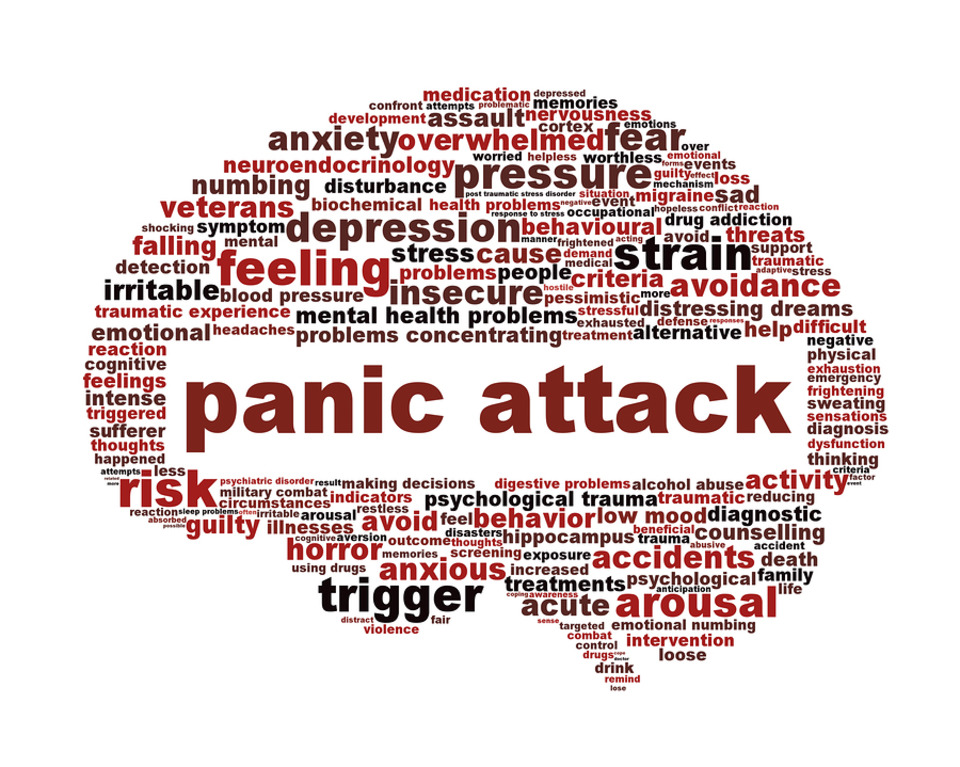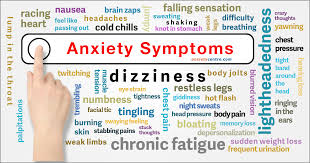Depression
The word depression is commonly used to describe many feelings, such as being sad, ‘blue’, miserable or upset. However, a person can feel all these emotions without suffering from clinical depression. The difference lies in the length and severity of the feelings. Clinical depression is a mental, emotional and physical state that is intense, long-lasting and seriously affects daily life. It is a pervasive despair, not just a mood that someone can snap out of readily.
Depression is not something to be ashamed of or guilty about, nor is it a character flaw or a sign of weakness. Most importantly, depression is not permanent. The chances for complete recovery are excellent. A number of psychological and drug treatments are effective, affordable and readily available.
What are the signs to look for
Depressed people can experience a couple or many of the following symptoms:
- Feeling sad or empty
- Sleeping problems
- Worrying and negative thinking
- Feeling helpless and hopeless
- Irritability and agitation
- Loss of interest and energy
- Poor concentration
- Change in appetite
- Loss of confidence
- Feeling guilty and worthless
- Suicidal thoughts
Treatment
For some types of depression, particularly severe cases, a combination of medication and psychological treatment may be helpful in the initial stages of treatment. In the long term, Cognitive Behaviour Therapy is found to be as effective as anti-depression medication. If you think you are suffering from depression, it is important to get treatment as soon as possible.





